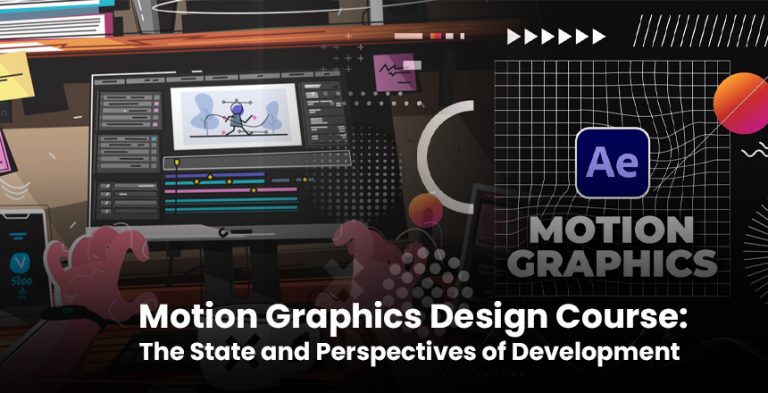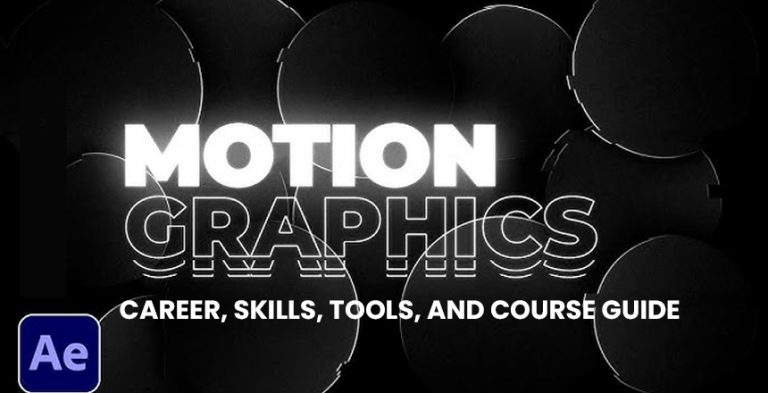In the modern skill-oriented world that moves at a fast-pace, the success path is no longer universal. There is one fundamental question that every student or a professional finds himself /herself at the crossroads of career evolution or skill formation: Should I enroll for a long term program or go for a short term program? The solution is not as simple as it could appear to be. It depends on a number of factors – goals, industry requirements, time pressure, and cost issues, and even the approach to learning.
We’ll examine both options and try to envisage what may be the best option for various types of learners and objectives.
The Case for Long-Term Courses
Long-term courses have always been traditionally a pillar of formal education. Consider degree programs such as B.Tech, MBBS, MBA, or even specialized diplomas that would take between one to three years. These are meant to provide in-depth knowledge, well-rounded curriculum, and in most cases industry recognition.
Pros of Long-Term Courses:
1. Comprehensive Learning
- The extent of knowledge that you get with a long-term course is one of the greatest benefits that a long-term course offers. You don’t just pat the surface; you dive deep. You know theories, principles, and useful applications.
2. Better Career Foundation
- Even most of the mainstream professions require formal degrees. For instance, one has to go through a strict, strict academic round before he or she can become a doctor, lawyer or engineer. Long-term courses serve in generating credibility and stability in such fields.
3. Recognition and Accreditation
- Long-term programmes are in most cases taught by accredited universities and institutions which makes the certificate or degree you acquire count in the job market, not only in the country but also in other countries.
4. Networking Opportunities
- With increased academic time, students establish valuable contacts with their colleagues, teachers, and even representatives of the working environment. This may be important in future internships, job referrals and mentorship.
Cons of Long-Term Courses:
- Time-consuming: It can take years of study to get you started with work.
- Costly: Tuition and accommodation are some of the costs that can sum up fast.
- Rigid Curriculum: In contrast to skill-based learning, the pace tends to be rather slow and doesn’t change rapidly depending on changes in the particular industry.
The Case for Short-Term Courses
Short-term courses can be formulated as several days to several months. These are goal-oriented, skill-based and very suitable for upskilling or reskilling. Digital marketing bootcamps, graphic design workshops, data analytics certifications or even language courses might come to mind.
Pros of Short-Term Courses:
1. Quick Results
- Need a job soon? Feeling curious about using a new tool or a software? Short term courses provide your fast actionable knowledge. In a couple of weeks or months, you are job-ready.
2. Cost-Effective
- These classes are usually not expensive and provide significant value when it comes to the return on your investment, especially when you are interested in padding your resume quickly.
3. Industry Relevance
- Much of the short-term courses are formulated in conjunction with experienced people in industry. It means that you are studying skills that are exactly what employers need at the time.
4. Flexibility
- Most of the short-term courses are offered online, self-learning and modular. They enable working executives and students to learn without interfering with their normal plans.
Cons of Short-Term Courses:
- Limited Depth: You learn something to be done, but not necessarily why it is done in such a manner.
- Recognition Issues: Short courses may not always be recognized by the traditional employers as regards the certificates.
- Overcrowded Market: The growing online learning platforms also mean that there are thousands of options. Not all are believable or time worthy.
Which One Should You Choose?
Go for a Long-Term Course if…
- You are at the beginning of your professional life and you need a good foundation on which you can build.
- You want a profession which is regulated or professional (law, medicine, engineering).
- You are seeking formal recognition and long-term stability.
- You have already gotten a degree and you seek to upgrade or update your skills.
- You are changing your career and you want to have that practical, job ready-knowledge fast.
- You are wetting your feet before plunging into a long path.
Can You Combine Both?
Absolutely. As a matter of fact, that is gaining the norm. Short term courses which professionals have started using as a means of supplementing long term education. For instance, one may be a software engineering graduate who goes for a six-week AI/ML bootcamp to further specialize. A marketing executive may acquire knowledge in SEO or Google Ads in modular online sessions even though he/she may be working full time.
This hybrid method is the best of both worlds – credibility from long-term degrees as well as agility from short-term certifications.
Final Thoughts
The actual question is not which one is better: the long-term course or the short-term one. The question is: Which of them goes hand in hand with your current objectives and future aspirations? Education is not more about degrees; this is not so much about flexibility, practical knowledge and the ability to stay relevant. Whether you’re on the corporate ladder, self employed or shooting for your own brand, choosing the right type of course at the right time can make a world of difference.
So pause for a moment – not merely over what you want to learn but why you want to learn it. That answer will take you in the correct direction.








